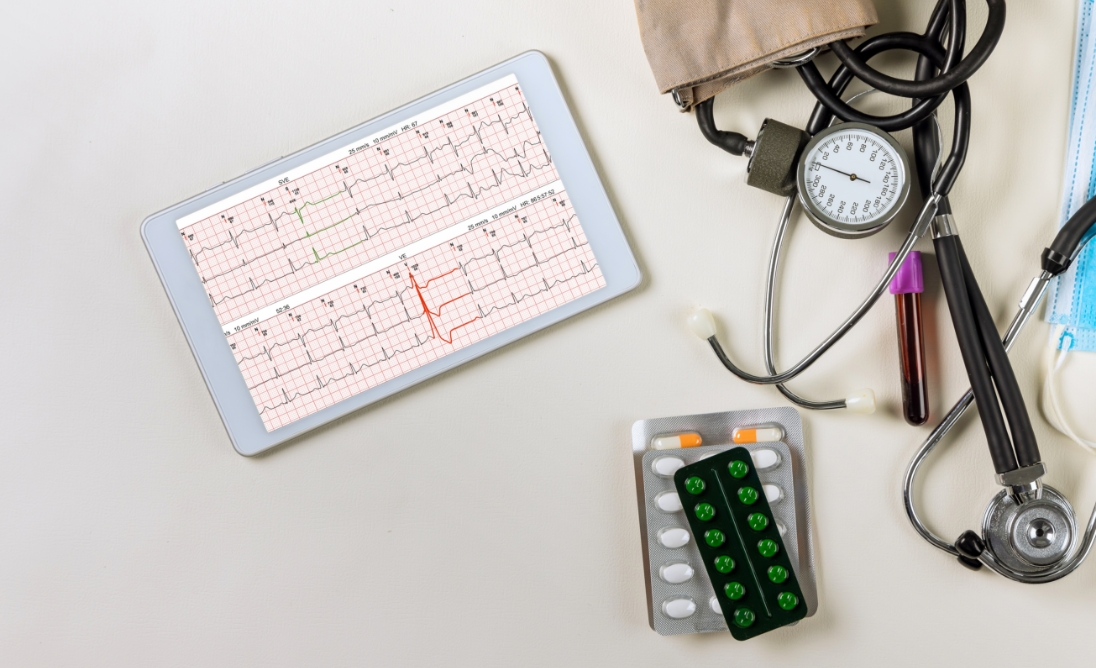Atrial Fibrillation
Atrial fibrillation (AF) is a common heart rhythm disorder characterized by irregular and rapid electrical activity in the upper chambers of the heart, known as the atria.
Here Are Some Key Points About AF:
Prevalence
AF is the most common sustained cardiac arrhythmia, affecting millions of people worldwide. Its prevalence increases with age, and certain factors such as high blood pressure, heart disease, diabetes, obesity, and sleep apnea can contribute to its development.
Symptoms
Symptoms of AF can vary among individuals. Some common symptoms include palpitations (a fluttering or racing sensation in the chest), rapid and irregular heartbeat, shortness of breath, fatigue, dizziness, chest discomfort, and fainting. However, some people with AF may not experience any symptoms and only discover their condition during routine medical check-ups or diagnostic tests.
Treatment
The treatment of AF aims to control the heart rate, restore and maintain normal sinus rhythm (the heart’s regular rhythm), and prevent complications. The approach to treatment depends on factors such as the frequency and severity of symptoms, underlying health conditions, and patient preferences.
Treatment Options Include:

Medications
Various medications, such as antiarrhythmic drugs, beta-blockers, and calcium channel blockers, may be prescribed to control heart rate, convert AF to normal rhythm, or prevent future episodes.
Anticoagulation
AF increases the risk of blood clot formation in the atria, which can lead to stroke if a clot travels to the brain. To reduce this risk, anticoagulant medications (such as warfarin or newer oral anticoagulants like dabigatran, rivaroxaban, apixaban) may be prescribed, based on individual risk factors for stroke.
Cardioversion
In cases where AF persists or symptoms are severe, electrical cardioversion may be performed. This procedure involves administering a controlled electrical shock under sedation, to the heart to restore normal rhythm. Our cardiologists perform this procedure at Hornsby Hospital and Northern Beaches Hospital.
Catheter Ablation
For patients with symptomatic AF that is difficult to control with medications, catheter ablation may be considered. This is a mechanical procedure that aims to alter the natural history of atrial fibrillation within an individual. The type of catheter ablation used in atrial fibrillation is called pulmonary vein isolation. This procedure targets and destroys or isolates the specific areas of the heart responsible for the abnormal electrical signals, often focusing on the pulmonary veins. This procedure requires a short hospital stay. Our cardiologists perform this procedure at Northern Beaches Hospotal, Westmead Private and Westmead public hospital.

It's important to note that the treatment approach for AF may vary depending on individual patient characteristics and should be discussed with your cardiologist at Peninsual Cardiology.
Please remember to consult with a healthcare provider for specific information and advice related to a patient's condition.

